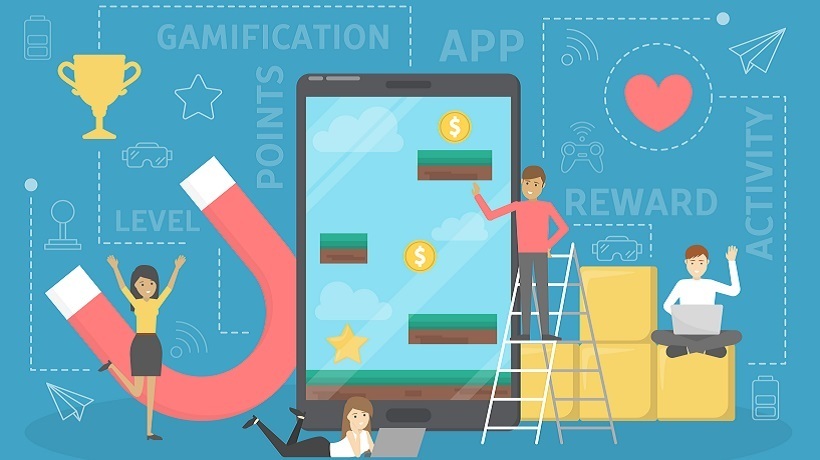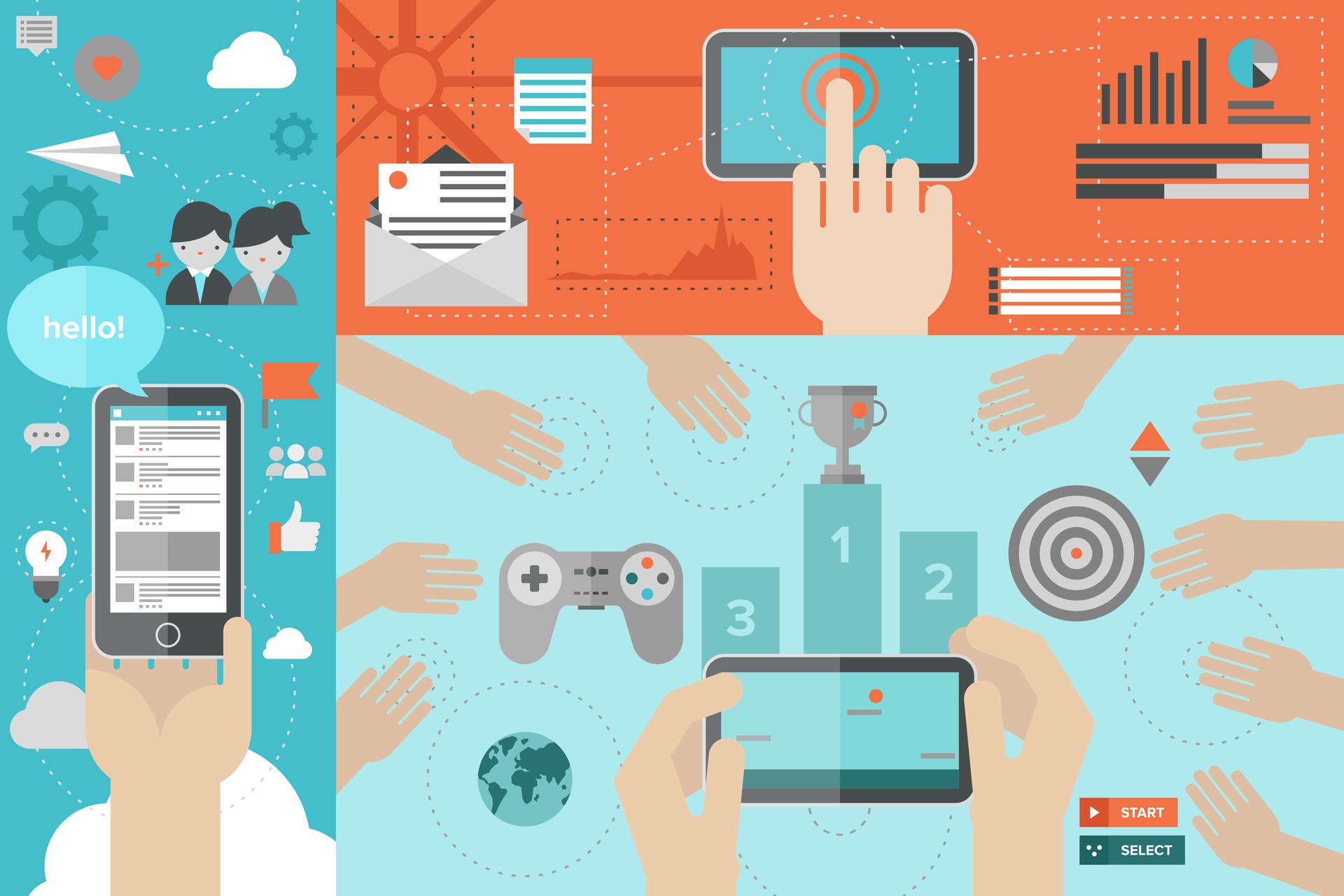What Is It And Why Use Gamification?
Gamification is an approach to game design and gameplay. It's often associated with online gaming but has also been used in mobile and web-based applications. This article will look at the benefits of gamification and discuss the way it is being used in eLearning.
What Is Gamification?
In a gamified system, players gain points for doing things they would normally do anyway. This gives them a sense of accomplishment and makes them feel good about themselves. In addition, gamification can make games more fun and interesting by increasing the challenges involved or providing unexpected twists that make it more challenging to win.
In its simplest form, gamification is when people add elements of play to their everyday activities. In other words, instead of taking work seriously, they take play seriously. It's when we add elements such as points or badges to our tasks or activities so that we have something else to do besides just doing what we're supposed to be doing. This allows us to take activity to a higher level. Gamification takes things that are normally boring and repetitive and makes them fun. It's often done in games but it can also be used in other areas, such as online learning.
One example of gamification that's being used today is educational games that have been designed specifically for educational purposes. These games help students learn through play, by incorporating various elements, such as quests, mini-games, quizzes, character customization, storytelling, skill development, level progression, etc.
Benefits
Gamification has been used for years in online gaming and education. It has been used by companies to make their courses more fun and engaging. However, it is only recently that gamification has become popular in eLearning.
The 6 main benefits of gamification are:
1. Reinforces The Learning Process
When we learn, we learn more effectively when we're having fun. Gamification is a way of making the learning process more fun and engaging. It helps us learn faster and retain what we've learned. When we play a game, it's like we're learning as well as having fun at the same time.
2. Increases Engagement
It is important for learners to be engaged in what they are doing. If they are not engaged, they will not learn as much as they could or would if they were fully engaged in the activity. Gamification increases engagement by making the activity more fun and enjoyable than just plain old work. This makes it easier for learners to get into what they are doing and helps them retain what they have learned.
3. Gives Users An Incentive To Complete Tasks
By giving people points or badges for completing certain tasks, gamification encourages users to complete those tasks so that they can earn those points or badges and feel good about themselves. For example, completing an assignment, you will earn a point or badge on your profile so that you can feel good about yourself and continue to do it again later when you need that extra incentive.
4. Adds A Social Element
It's a good idea to have a social element in eLearning. People need to feel that they are part of something together and that they can interact with other people in the same way as they do when they play games. Gamification allows learners to get together and talk about their achievements, get feedback from other learners, and share tips on how to do things better.
5. Increases Motivation
It's important for learners to be motivated in what they are doing. If they aren't motivated, they won't do it properly at all. Therefore, gamification is a way of motivating learners by giving them points or badges for completing certain tasks.
6. Uses Existing Strengths
Many learners have good study skills but don't always use them because they don't feel like they need to. Gamification can help learners who have good study skills by using those strengths and making them fresher and more fun.
Why Use Gamification?
Gamification is becoming more popular as an approach to learning and education because it can be used in a variety of ways and across different learning platforms. It can be used to increase engagement, motivate people, and help them learn better and faster by using their existing strengths and talents, as well as their natural desire to have fun while learning.
Gamification is especially useful in online learning because it can be used across multiple platforms. It can be used in blended learning environments, eLearning courses, web-based learning, and mobile applications.








